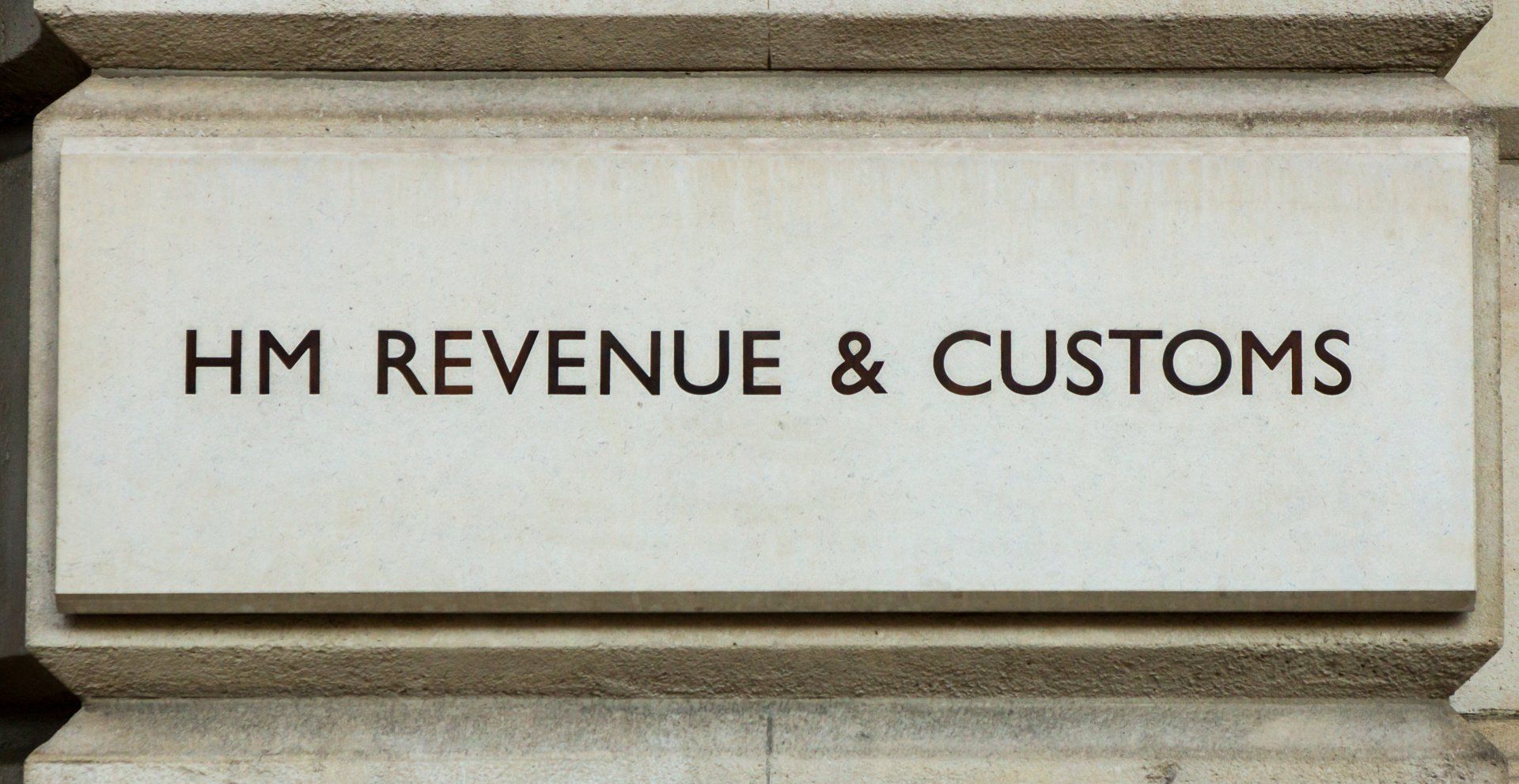Owner managers will have to give HRMC dividend breakdown
HMRC will be given extra powers to collect information about the amount of dividend payments earned by owner managed business directors while employers will have to report the number of hours worked by individual employees
From April 2025, there will be new rules on dividend disclosure. Anyone involved with an owner managed business will need to use their self assessment tax return to split out the amount of dividend income received from their own companies from other dividend income, and the percentage share they hold in their own companies.
HMRC will request specific information on the SA102 form related to the value of dividends and percentage shareholding in a close company of which the individual is a director.
Draft legislation confirms that the changes will come into effect from tax year 2025-26 and employers will be required to provide detailed information about how many contracted hours are worked by employees using real time information PAYE reporting.
It is not clear why HMRC needs this level of information as companies already need to report national minimum wage liability and employees paid outside the minimum wage can be paid whatever rate the company wants to pay. HMRC said the data collected would ‘help improve government support for the labour market’.
It is also part of wider attempts to clamp down on tax evasion with better ‘compliance’ cited as an important objective after investigations activity levels are still recovering from the pandemic delays.
The draft legislation on the hours worked issue appears to pre-empt objections, stating: ‘PAYE regulations may include provision requiring an employer to provide any information that is specified or described in regulations made by the Commissioners (whether or not that information is also relevant to the assessment, charge, collection and recovery of income tax in respect of PAYE income).’
Finally, taxpayers who are self-employed will need to provide information on the start and end dates of their self-employment using their self assessment tax return.
However, HMRC had to scale back their initial plans after receiving pushback from stakeholders in the original consultation in 2022. As a result, the tax authority has dropped plans to collect data on employee job titles, employees’ precise working location and details about locations of business’ offices and factories based on a geographic location, as well as details about the precise type of work undertaken by individual self employed workers.
In the consultation outcome, the government said it would ‘look to take a measured and proportionate approach to collection of new data. The government intends to progress options where customers already hold the data, whilst keeping data collection requirements under review for other options where data is not already held or it would potentially add significant administrative burden to provide data in the format proposed’.
Following negative feedback from respondents to the consultation, plans to collect data on the occupations of individual taxpayers employed in companies was dropped as this was described as unnecessary data which would not increase tax take and questions were raised about potential penalties as failure to comply would not affect what tax was paid.
The collection of employee location data based on working location was also criticised, particularly as more employees work on a hybrid basis or remotely, and there was no correlation between location and tax liability.
Plans to drill down into the business sector activities of the self employed were also abandoned as this was felt to be excessive information collection which would add to red tape when these taxpayers were already under pressure with the tough trading environment.
Stakeholders stressed that HMRC already held vast amounts of data which could be used instead to build a broader picture of the self employed sector and could not see any justification for collecting this information unless it was for use across other government departments.
There will be a penalty of £60 for failure to comply with the legislation.

Book an Appointment Today
Message Us Now
We will get back to you as soon as possible.
Please try again later.
Our Location
© 2020 All Rights Reserved | Longden & Co Ltd | Registered in England & Wales, Registered number 06710813 | Website by Infoserve | Privacy & Cookie Policy












